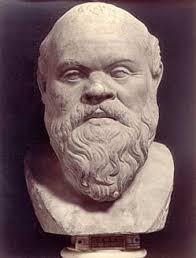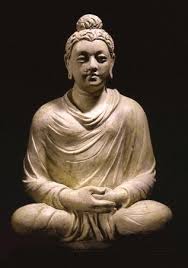 The Philosophy and Religious Studies Department at Grossmont College comprises two separate but related disciplines that provide a critical understanding of the human experience.
The Philosophy and Religious Studies Department at Grossmont College comprises two separate but related disciplines that provide a critical understanding of the human experience.
Philosophy represents one of the oldest and time-honored disciplines at any college, and it examines all manner of esoteric things, ranging from truth and justice to knowledge and beauty. Religious Studies offers students an objective understanding of various religions and their cultural and philosophical settings since the dawn of man. The curriculum is non-sectarian and purely academic.
At Grossmont College, philosophy courses range from `A General Introduction to Philosophy’ and `The Classical Mind’ to `The Philosophy of Science,’ and `Moral Problems in Health Care.’ Religious Studies courses range from `Scriptures of World Religions’ and `Religion and Culture’ to `Special Studies or Projects in Religion,’ which is an individual study or research project in the field of religion under instructor guidance.
The Philosophy and Religious Studies Department also sponsors an array of programs and special events both on and off campus.
 While both philosophy and religious studies offer critical thinking skills and great insight into the human mind, philosophy and religious studies also can lead to careers in a number of areas. Many philosophy majors, for example, have gone into teaching, law, government work and business. And when you interview for a job and tell a prospective employer that you have studied philosophy, your stock goes up, as it shows you are ready to grapple with difficult and fundamental challenges.
While both philosophy and religious studies offer critical thinking skills and great insight into the human mind, philosophy and religious studies also can lead to careers in a number of areas. Many philosophy majors, for example, have gone into teaching, law, government work and business. And when you interview for a job and tell a prospective employer that you have studied philosophy, your stock goes up, as it shows you are ready to grapple with difficult and fundamental challenges.
Religion majors, besides finding work in the clergy, can be found working at nonprofits, in the media and in the classroom. They are trained to understand the viewpoints of others, to put events into context, and to objectively analyze any situation.

8800 Grossmont College Drive
El Cajon, California 92020
619-644-7000
Accessibility
Social Media Accounts